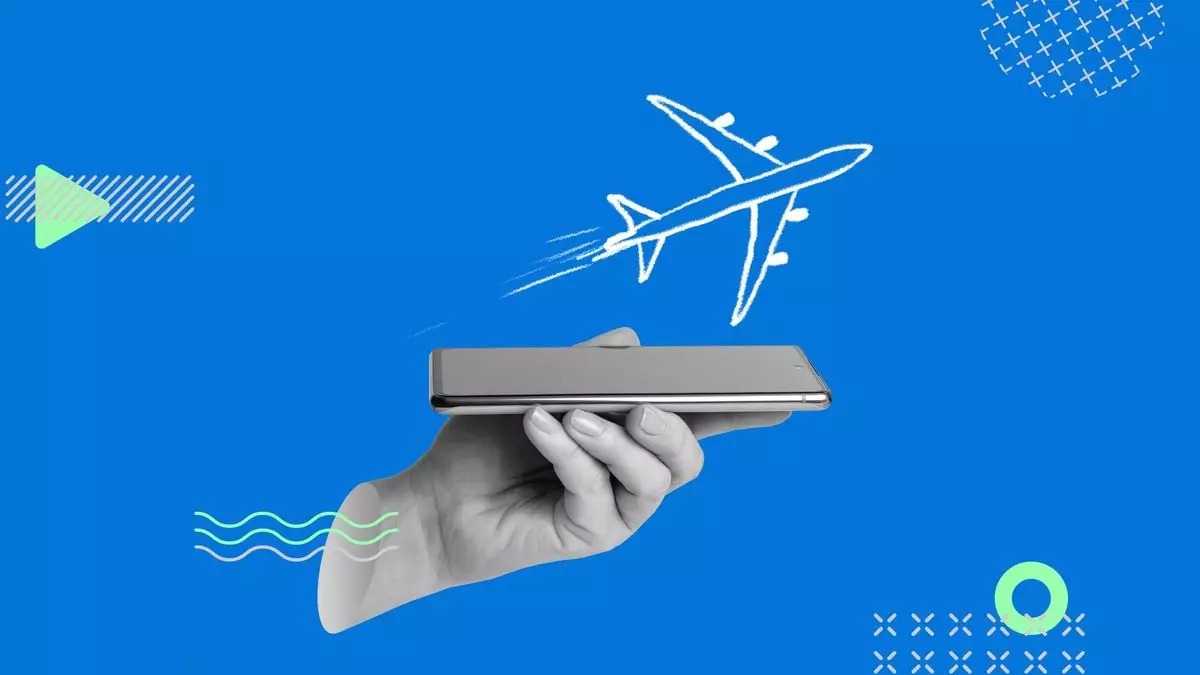The evolution of New Distribution Capability (NDC) within United Airlines is creating ripples across the travel industry. With United’s recent NDC version 10.9 launch, the dialogue surrounding modern booking technologies has intensified, particularly among travel management companies (TMCs) and advisors. Critics and supporters are weighing in on whether these upgrades signify a breakthrough or a mere incremental change. As more travel advisors embrace NDC, the debate on its effectiveness and limitiations continues to unfold.
Defining “Tie-Goes-to-NDC Day”
Jeff Klee, CEO of AmTrav, introduced the idea of “Tie-Goes-to-NDC Day,” describing it as a pivotal moment when choosing between NDC tickets and those acquired through conventional Edifact systems is not determined by price but by the inherent advantages offered by NDC. This is noteworthy; price has long dominated decision-making processes in travel bookings. The transition to a values-based selection poses an encouraging trend among advisors who prioritize better service, enhanced customer experience, and seamless technology integration. Klee emphasizes the importance of understanding that NDC isn’t merely a cost-savvy approach; it holds the potential for superior functionalities that enhance overall workflow efficiencies.
Upgraded Features: A Step in the Right Direction
United Airlines is making commendable strides in refining its NDC platform. The ability to swap a traditional ticket for an NDC ticket or to apply unused ticket credits more flexibly during the booking process are pivotal features that enhance the user experience. Jeff Christensen, United’s managing director of global distribution strategy, highlights these upgrades as crucial contributions to making NDC the preferred booking option for TMCs, aligning closely with their operational demands. The removal of restrictive rules — such as the immediacy required for ticketing within a constrained window — speaks symbolically to United’s responsiveness to corporate customer needs. This commitment to customer-centric adjustments bears testament to evolving industry standards where flexibility is paramount.
Unresolved Challenges: The Dark Side of NDC
However, as laudable as these features may be, it’s essential to remain critical. Critics like Klee point to lingering challenges that question NDC’s ultimate effectiveness. Many functionalities remain missing or cumbersome, creating workflow disruptions that could frustrate advisors and travelers alike. For instance, in situations where ticketing exceptions arise, the absence of a mechanism to enforce pricing rules presents a significant gap in the service experience. This inconsistency could deter advisors from fully embracing the newfound capabilities offered by NDC if existing issues linger unchecked.
Technology Variance: Equal Opportunities? Not Quite
The fundamental dilemma emanating from United’s NDC rollout is its compatibility with various technology providers. Not every GDS interface is equipped to showcase the range of NDC offerings available—a discrepancy that raises questions about equity among advisors. Peter Vlitas of Internova Travel Group points out that while some agencies benefit from direct access to NDC features, many others face an uphill struggle. The lack of uniformity in technological capacity puts certain TMCs at a disadvantage and creates a bifurcated industry landscape. This inconsistency risks fracturing the trust that travel advisors have with their preferred systems, as they may be unable to offer their clients the finest selection of products and services.
Exploring Ancillary Revenue: A Potential Goldmine
One of the intriguing advantages of United’s NDC is its emphasis on ancillary products—a goldmine for revenue generation that legacy systems do not provide. As Glenn Hollister, United’s vice president of sales and effectiveness, indicates, a substantial proportion of tickets now embody continuously priced fares that outstrip what is available in traditional GDS environments. For travel advisors seeking to enhance their commissions and provide greater service value, this could be a significant differentiator, allowing for more tailored travel experiences. The successful launch of these ancillary options can elevate the overall profitability for agencies willing to adapt and integrate NDC-driven services.
While United Airlines’ NDC enhancements mark a critical inflection point, the travel industry stands at a crossroads filled with both opportunities and challenges. As this new wave of booking technology continues to unfold, it prompts a necessary dialogue on standardization, accessibility, and service delivery. The effectiveness of NDC will ultimately depend on how well airlines, GDS, and TMCs can align to provide an integrated framework that both meets operational needs and delights customers. Only then can the lofty aspirations of NDC be fully realized in a way that benefits the entire travel community.


Leave a Reply